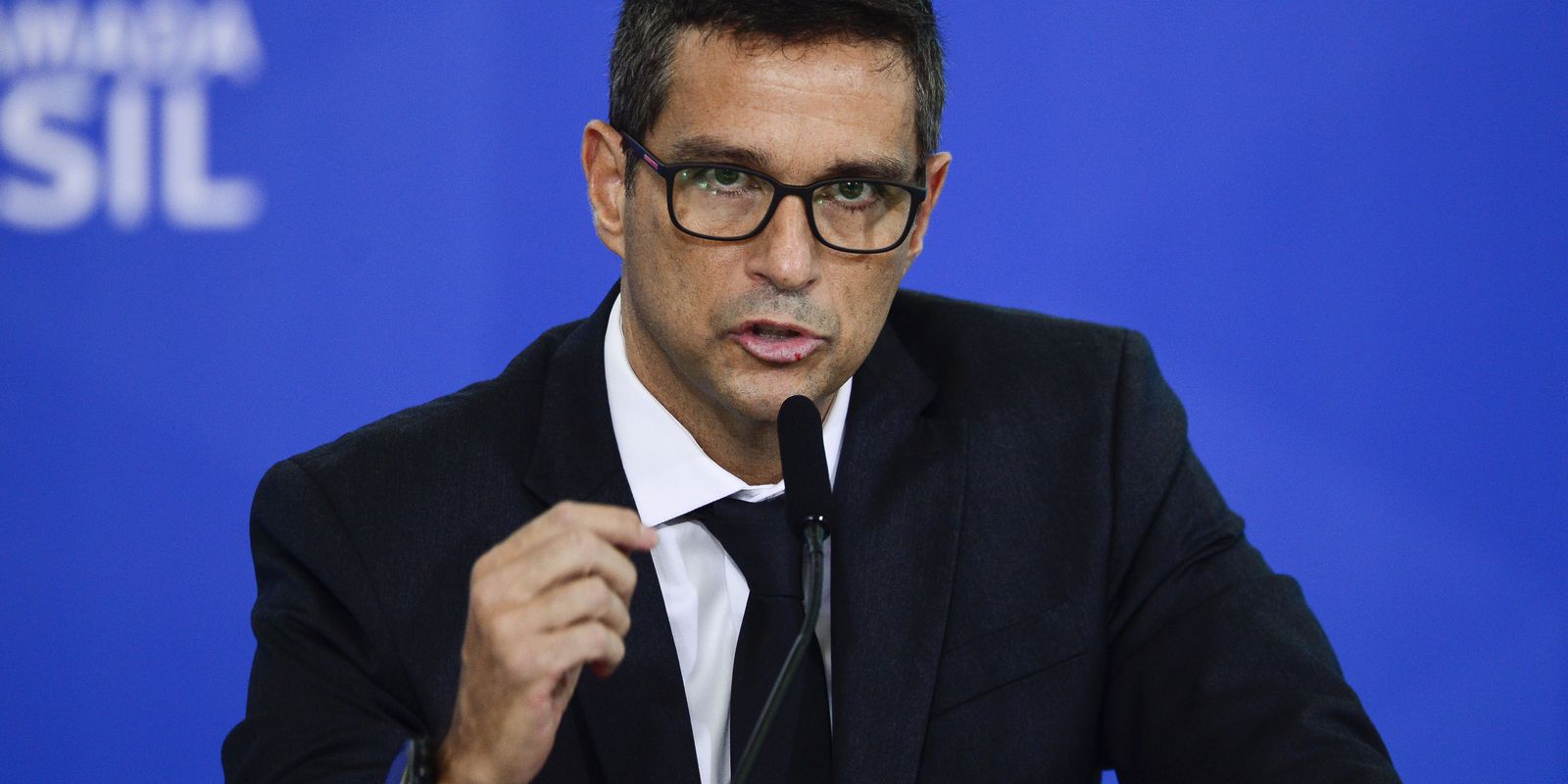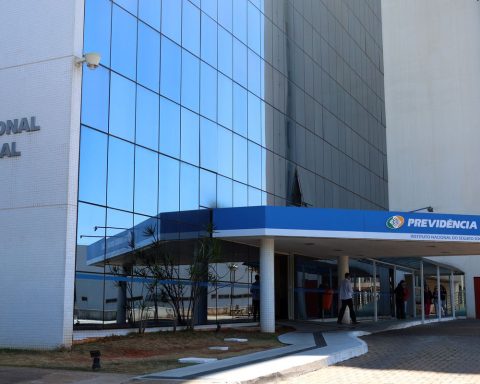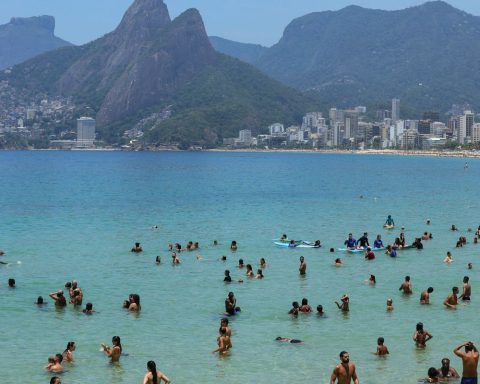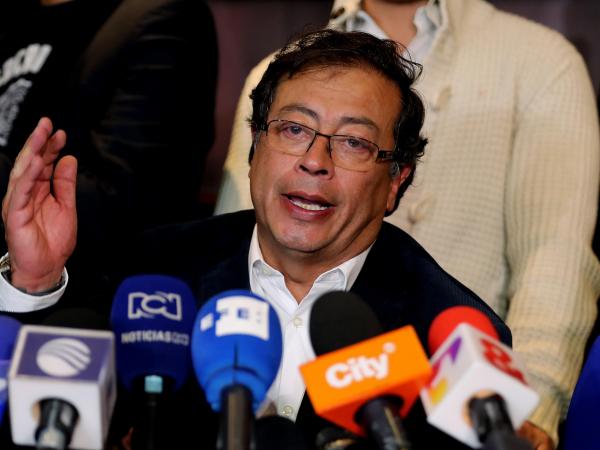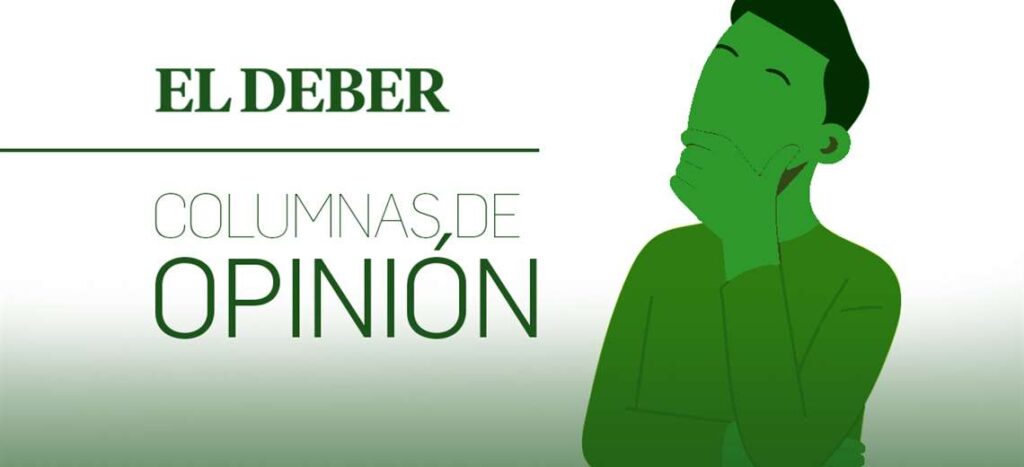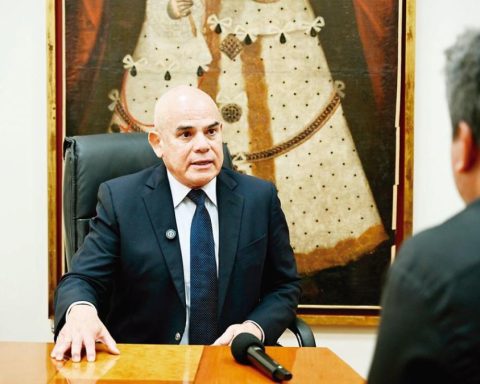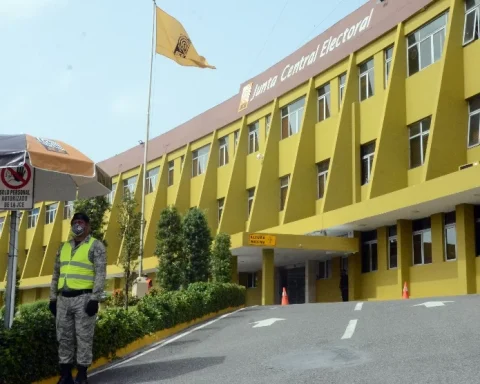The president of the Central Bank, Roberto Campos Neto, said today (21) that the slowdown in China’s economy should hamper the growth of Brazil and other Latin American countries. According to Neto, the covid-19 pandemic, the Chinese real estate crisis and the aging of its population are among the main factors in the Asian country’s decline in growth.
“I think the concern is that slower growth in China could hamper Latin America’s growth and Brazil’s growth. I think the main point is to understand that this process will happen in such a way, and to take measures, and reinvent yourself so that it has the least possible effect”, said the BC president, in a lecture online promoted by the AgroMais Channel.
“We are starting to see, and the Chinese authority itself has said, that we are going to see China’s growth closer to world growth, not so cool, even if it is above”, he added.
Inflation
The BC president once again highlighted that the inflation trend in Brazil is still growing. According to him, the increase in prices in the country is being driven mainly by the energy sector. The data cited by Neto are from January, compared to the same month last year.
“We actually see an inflation trend that is still growing. Brazil’s inflation, in fact, was one of the highest in the world, at 10.4%, but Brazil had the highest energy inflation in the world, at 5.8%. What if Brazil’s energy inflation had been the average of other countries [em torno de 2%]our inflation would also have been the same as in other countries [em torno de 6,7%]. Basically what drove Brazil’s inflation above average was energy,” he said.
BC data used by Neto compare Brazilian inflation in January 2022 (10.4%), in the last 12 months, with the latest available inflation figures for Turkey, 36.1%; Russia, 8.4%; Chile, 7.9%; United States, 7.5%; Colombia, 6.9%; Spain, 6.5%; Peru, 6.4%; South Africa, 5.9%; Netherlands, 5.7%; India, 5.6%; Euro area, 5%; Germany, 4.9%; Italy, 4.8%; France, 2.9%.
